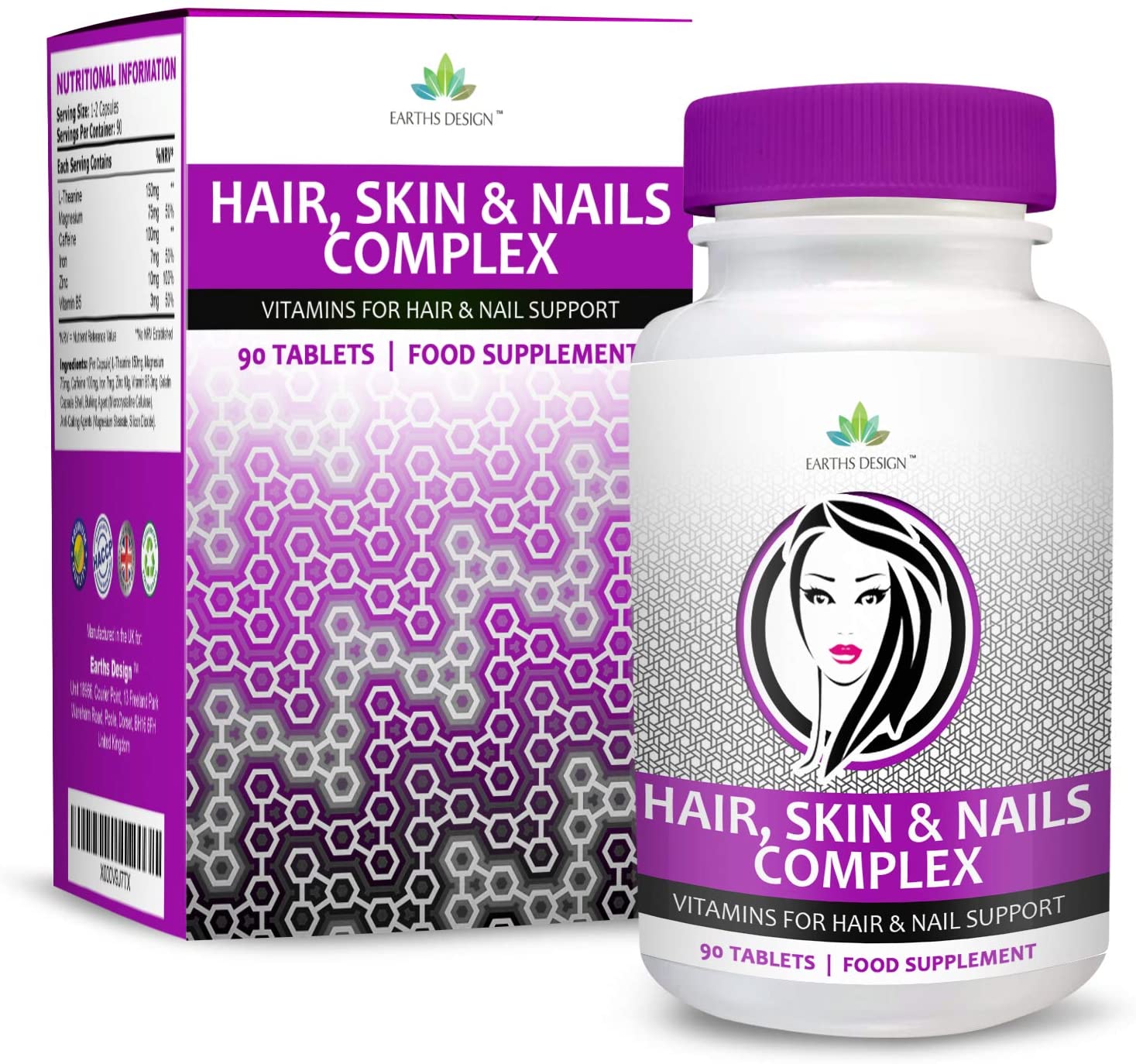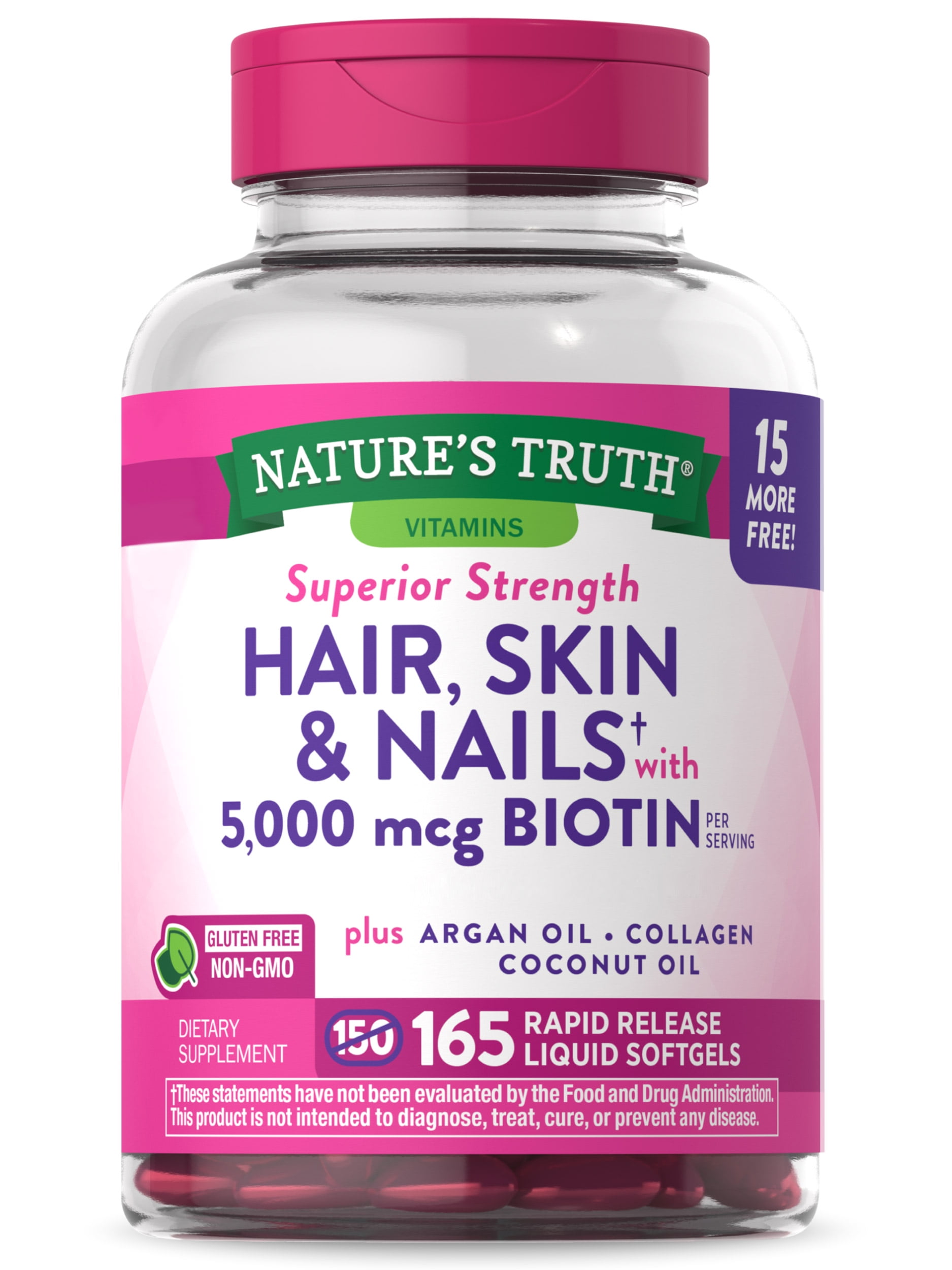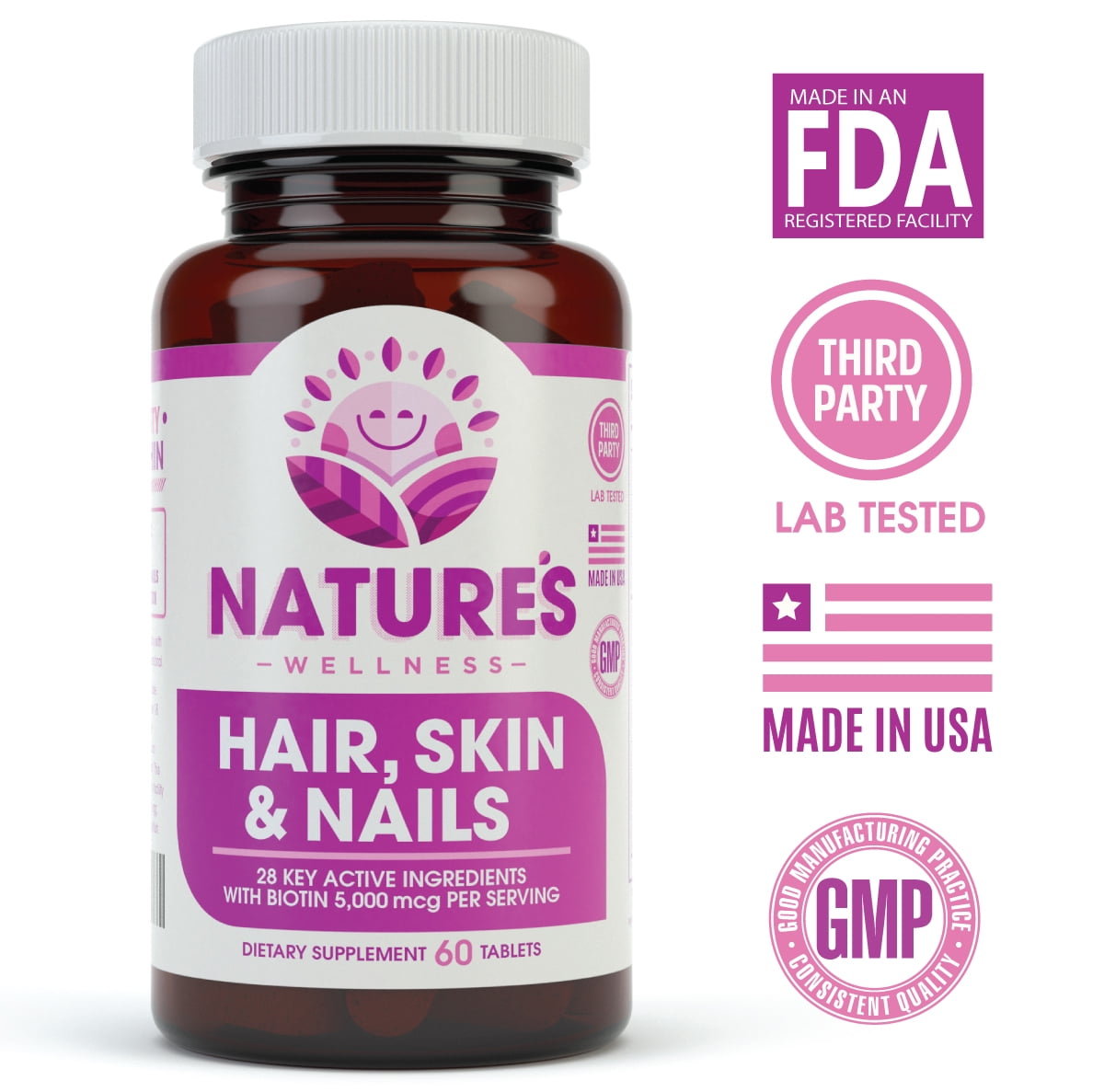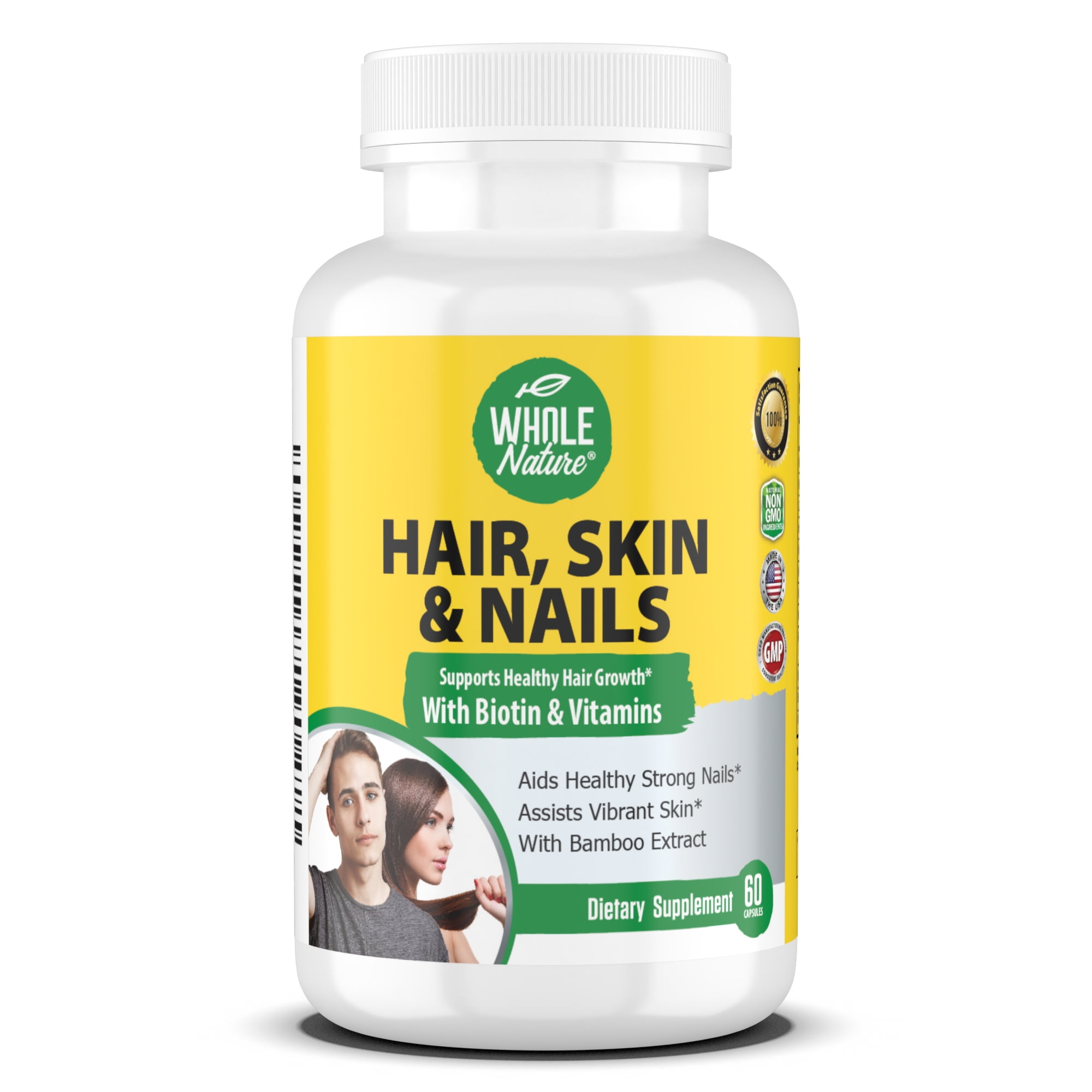Hair And Nail Vitamins For Men

Alarming hair loss and brittle nails plague men across demographics, sparking a surge in demand for targeted nutritional interventions. Are hair and nail vitamins the solution, or just another empty promise?
The men's grooming market is experiencing unprecedented growth, fueled by concerns about appearance and aging. This article delves into the science, efficacy, and potential risks of hair and nail vitamin supplements specifically formulated for men.
The Rise of Men's Grooming and Hair Loss Anxiety
Men's grooming is no longer a niche market. A recent report by MarketWatch projects the global men's grooming products market to reach $115 billion by 2028, with a significant portion attributed to hair and skincare.
Hair loss, particularly male pattern baldness (androgenetic alopecia), affects a vast majority of men. The American Academy of Dermatology estimates that approximately 50% of men experience noticeable hair loss by age 50.
This anxiety drives the demand for quick and accessible solutions, including readily available hair and nail vitamin supplements.
What's in These Vitamins? The Key Ingredients
Most hair and nail vitamins marketed to men contain a cocktail of vitamins and minerals. Common ingredients include Biotin (vitamin B7), vitamin A, vitamin C, vitamin E, and zinc.
Some formulations also include collagen, keratin, and saw palmetto extract. These are believed to strengthen hair and nails from within and potentially block DHT, a hormone linked to hair loss.
But do these ingredients actually work? The science is often mixed, and individual results can vary significantly.
The Science: Do They Really Work?
Biotin is often touted as the key ingredient for hair and nail health. However, biotin deficiency is rare in developed countries, and supplementing with biotin may not provide any benefit if you're not deficient.
A 2017 review in the journal Skin Appendage Disorders concluded that there's limited evidence to support the use of biotin supplements for hair growth in individuals without a biotin deficiency.
Studies on other ingredients, such as collagen and keratin, are often small and lack rigorous controls. The effectiveness of saw palmetto for hair loss is also debated, with some studies showing promise and others showing no significant effect.
The Role of Deficiency
If a man is deficient in certain vitamins or minerals, supplementation can improve hair and nail health. Iron deficiency, for example, is a known cause of hair loss.
Zinc deficiency can also lead to hair thinning and brittle nails. Addressing these deficiencies through diet or targeted supplements can be beneficial.
Consult a doctor to determine if you have any underlying deficiencies before taking any supplements.
Potential Risks and Side Effects
While generally considered safe, hair and nail vitamins can have side effects. Biotin supplementation, in particular, can interfere with certain lab tests, potentially leading to inaccurate results.
High doses of vitamin A can be toxic, causing nausea, vomiting, and even liver damage. It's crucial to adhere to recommended dosages.
Some individuals may experience allergic reactions to certain ingredients in these supplements. Always read the label carefully and consult a doctor if you have any concerns.
Who Should (and Shouldn't) Take These Vitamins?
Men experiencing hair loss or brittle nails should consult a doctor to determine the underlying cause. Underlying medical conditions, such as thyroid disorders or autoimmune diseases, can contribute to these issues.
If a vitamin deficiency is identified, targeted supplementation may be beneficial. However, taking hair and nail vitamins without a diagnosed deficiency is unlikely to provide significant results.
Men taking other medications should be particularly cautious, as some vitamins and minerals can interact with drugs. Always consult a doctor or pharmacist before starting any new supplement regimen.
The Bottom Line: Proceed with Caution
Hair and nail vitamins for men are a booming market, driven by anxieties about appearance and aging. While some ingredients may be beneficial in cases of deficiency, the evidence supporting their widespread use is limited.
Consult a doctor to determine the cause of your hair loss or nail problems. Don't rely solely on supplements without addressing potential underlying health issues.
The Food and Drug Administration (FDA) does not regulate supplements in the same way it regulates drugs. Be a discerning consumer and research products thoroughly before purchasing them.
Next Steps: Informed Choices and Expert Advice
The market for hair and nail vitamins will likely continue to grow. Consumers need access to reliable information to make informed choices.
Continued research is needed to evaluate the efficacy of various ingredients and formulations. Speak with your doctor about your hair and nail concerns.
Prioritize a healthy diet and lifestyle. These are often the best foundations for healthy hair and nails. Seek personalized medical advice before starting any new supplement regimen.


















